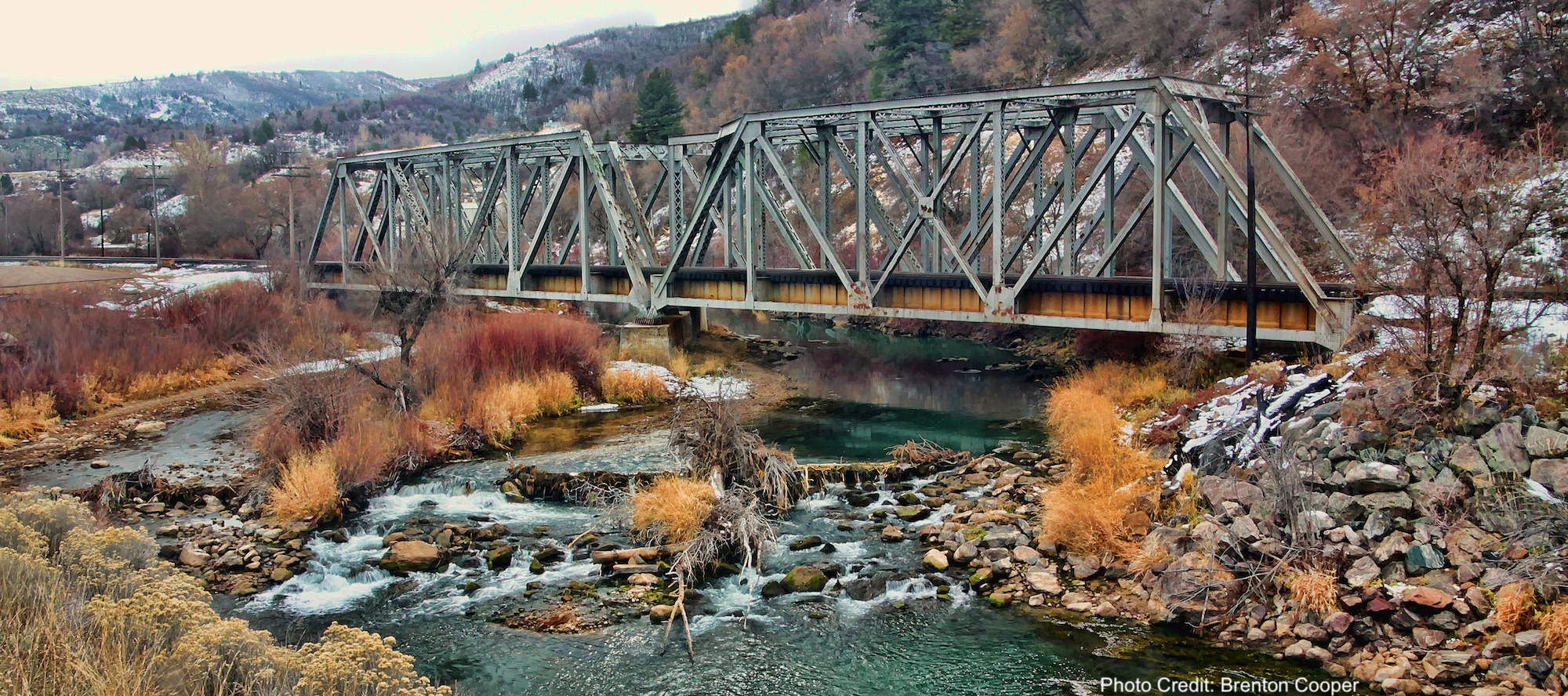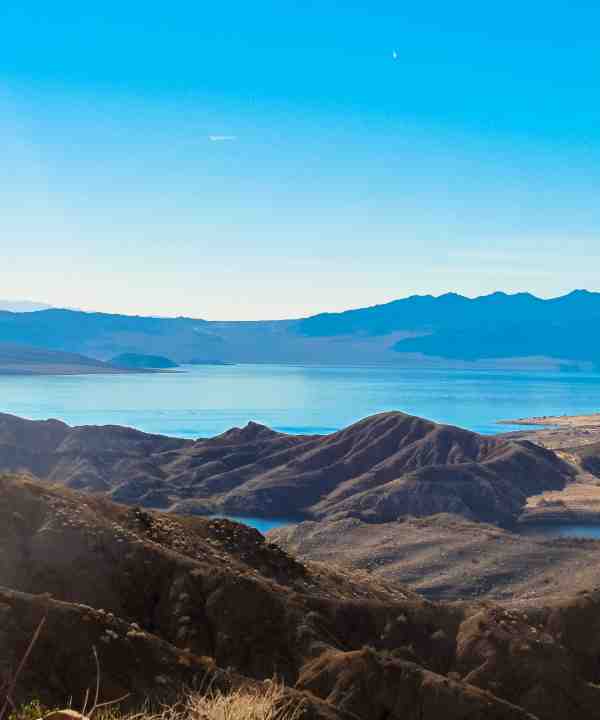December 19, 2018 | Water in the West | News
A new report shows environmental water transactions are happening more and more in the U.S., particularly short-term deals that allow irrigators to conserve or forgo water use for short periods of time.
Use it or lose it. Historically, that was the prevailing understanding amongst water rights holders throughout the Western United States. Farmers, ranchers and other water right holders had to use all of their allocation or risk forfeiting their rights, which could endanger their operations in the future should they run into a dry year. Thus, there was no incentive or even ability in some cases to leave water instream for recreation, fish populations, ecological restoration, or other positive environmental uses. However, over the last 30 years, state laws have relaxed to allow voluntary transfers of water for environmental uses (also known as environmental water transactions) without risking the farm.
A new report released today by Stanford’s Water in the West program takes a detailed look at these transactions in five states in the Colorado River Basin: Arizona, Colorado, New Mexico, Utah and Wyoming. A previous study showed that Colorado River Basin states lag behind some other western states in laws that facilitate changing water rights to environmental uses for extended periods of time. The new report shows that irrigators and conservation groups are using short term deals that require no administrative participation by the state.
“What was most surprising is how many short-term deals set up by water right holders and conservation groups were happening in the Basin,” said Leon Szeptycki, Executive Director of Water in the West and lead author on the report. “These deals don’t involve a formal change in water right but they nonetheless accomplish the goal of conserving water and leaving more instream.”
While they don’t legally protect water instream, flexible approaches, such as split-season leases where water right holders agree not to irrigate during the latter part of the growing season, enhance local water security and farming and ranching flexibility, while benefiting the environment with more water for fish, aquatic habitat, and recreation.
The most notable program for informal water transactions was the System Conservation Pilot Program (SCPP). Ending this year after a four-year operation period, the program was designed to test the feasibility of enhancing conservation and water security by compensating ranchers and farmers for reducing their water use. Improving instream flow for the environment turned out to be a positive co-benefit and helped Wyoming have the highest number of transactions out of the five states researched with 47 from 2014 to 2018. Conservation organizations such as Trout Unlimited and The Nature Conservancy helped facilitate many of these transactions and worked with landowners to develop eligible projects.
“What we found is that transactions in the Basin are increasing and it seems mostly due to increased funding through programs like SCPP,” said Szeptycki. “There’s also a greater willingness on the part of landowners to experiment with short term options that don’t commit them to these decisions in the longer term.”
The work follows a previous report which analyzed the laws and policies regarding formal transfers of water rights to environmental uses in Colorado River Basin states and compared them, along with Oregon, considered a policy leader in this field. That report showed that the Colorado River Basin states were lagging behind those in the Columbia River Basin which had more developed mechanisms and policies for transferring water to the environment.
“There’s a natural connection between water conservation, water security and stream flow,” said David Pilz, Director at AMP Insights and co-author on the report. “Embracing flexible and creative approaches to increasing flow instream is potentially a win-win-win.”
This report is part of a series undertaken by Stanford's Water in the West Program in collaboration with AMP Insights and other experts and was funded by the Walton Family Foundation. More on this series can be found here.

Media Contact
Leon Szeptycki
leonsz@stanford.edu, 650-721-3047
Devon Ryan
devonr@stanford.edu, 650-497-0444


![[Woods Logo]](/sites/default/files/logos/footer-logo-woods.png)
![[Bill Lane Center Logo]](/sites/default/files/logos/footer-logo-billlane.png)